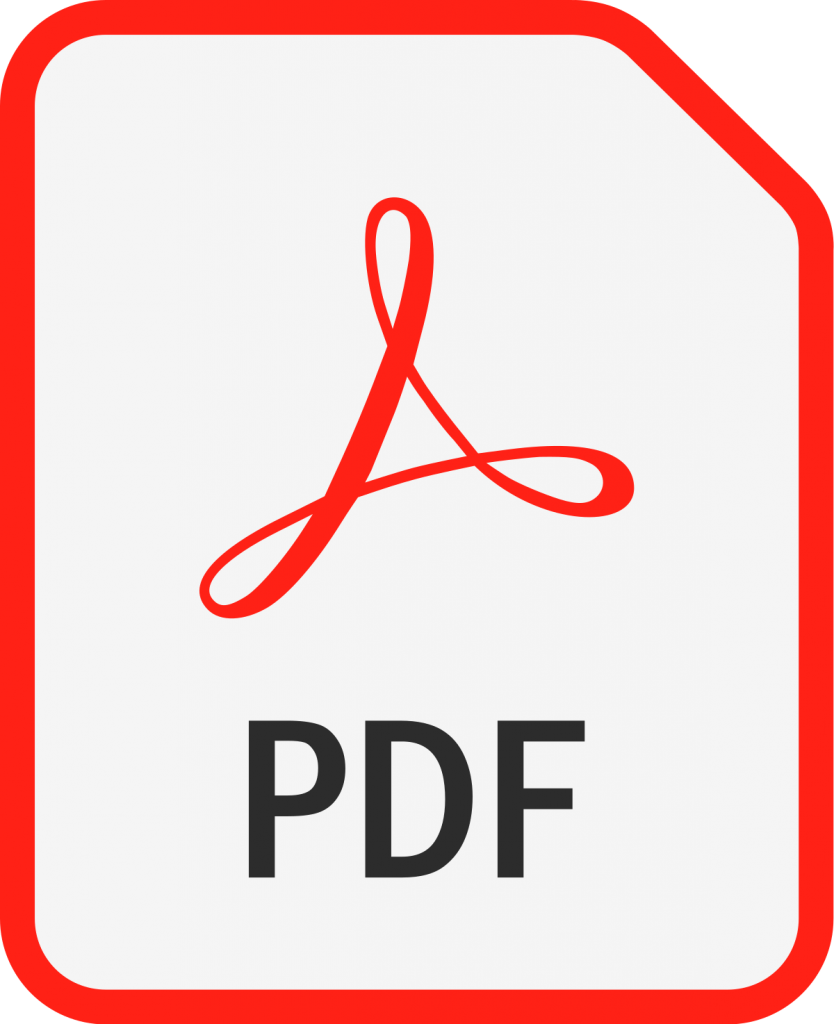Authors: Joana D. Vargas, Michel Misse
Our paper will briefly outline the history of the process of illegal drug criminalisation in Brazil, with the city of Rio de Janeiro as a reference. To this end, the data on changing consumption and trafficking will be compared with changing drugs legislation, which has become more and more repressive. We also present a short empirical summary on the recent evolution of drug use licit and illicit in Brazil. The consumption and traffic of drugs in Brazil are associated with a violence level unknown to both Europe and the United States. We will describe the effects of increasing consumption and trafficking on other areas of the State and society. The most significant effect, as many studies show, is an increasing number of violent conflicts in the context of illegal markets. The use of force to resolve these conflicts has, since the 1980s, led to higher homicide rates in Rio de Janeiro and several other Brazilian cities. Until 1976, Brazilian drugs laws made no distinction between a consumer and a dealer. It is only since last year (2006) that the law has effectively drawn this distinction, no longer imprisoning consumers and adopting an, albeit timid, policy of reducing harmful effects. On the other hand, however, current legislation concerning the production and trafficking of illegal drugs is much more repressive than previous legislation.
KEY-WORDS: illegal drugs, drugs legislation, violence
